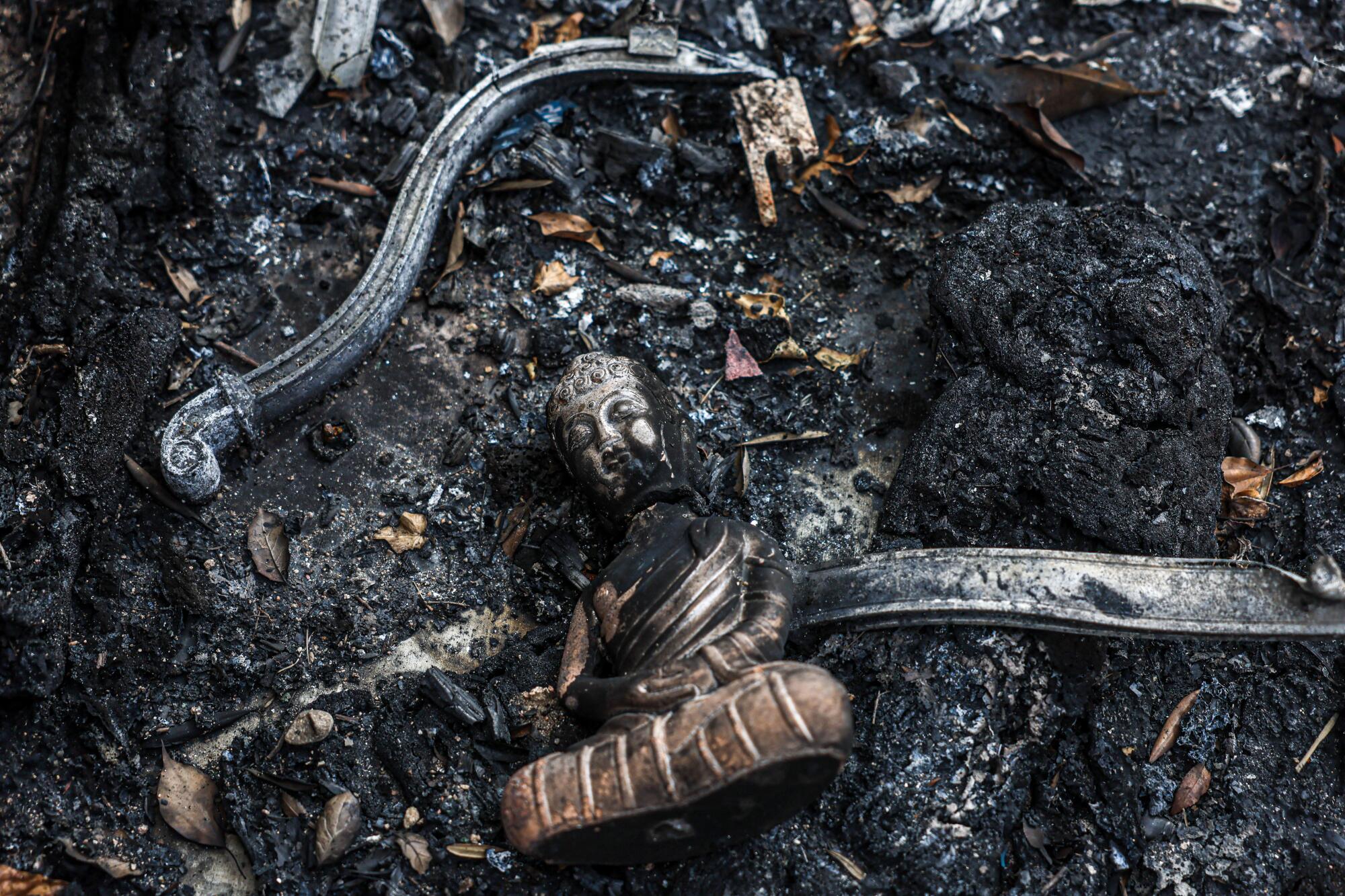SEOUL (Reuters) – South Korea said on Thursday its medical schools will accept almost 1,500 additional students next year, pressing ahead with an admissions hike that has caused trainee doctors across the country to go on strike.
The government said the hike is necessary to address a doctor shortage, arguing that unless action is taken South Korea faces having 15,000 fewer doctors than it needs to maintain essential services.
Groups representing doctors counter that the hike will lower the quality of education and that the move will not motivate doctors to work in remote areas or less popular fields of practice. The government should instead prioritise better pay and working conditions, they say.
The vast majority of trainee doctors – estimated to number around 13,000 – have been on strike since late February with the strain on the healthcare system resulting in hospitals turning away some patients and cutting back on non-emergency surgeries.
Medical schools will accept 4,610 students next year, the education ministry said, somewhat shy of President Yoon Suk Yeol’s target of 5,000.
The Korean Medical Association, which represents private practitioners, said it would stage protests in multiple cities Thursday night to raise awareness of the risks posed by the admissions hike.
The Korean Health and Medical Workers’ Union representing healthcare workers urged trainee doctors to return to work while asking the government to consider all options.
The government “must come up with the right medical reform alternative – one that trainee doctors who will lead the future of South Korea’s healthcare can agree on,” it said in a statement.
(Reporting by Hyunsu Yim; Editing by Edwina Gibbs)
